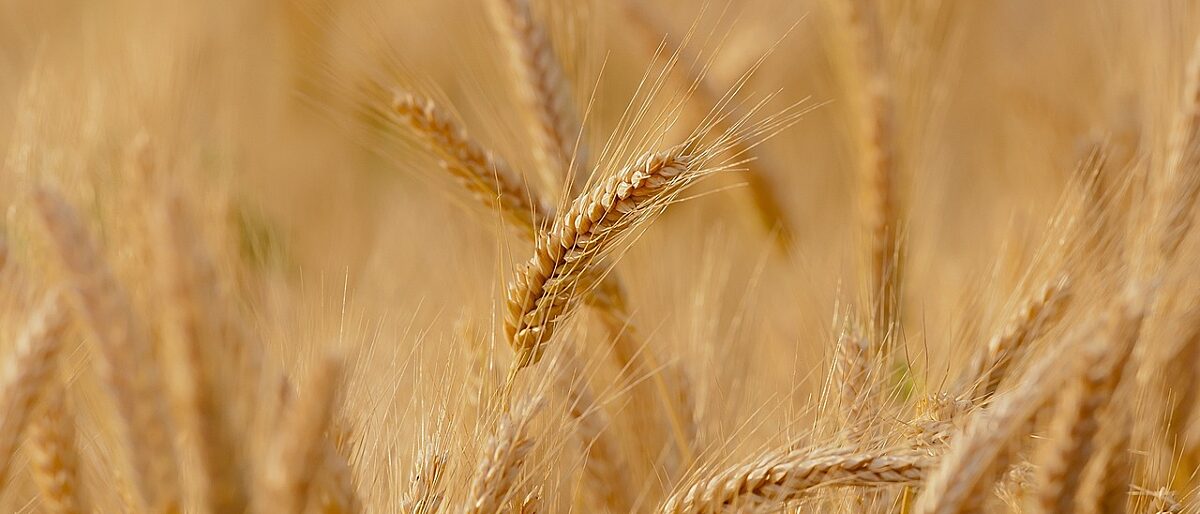
Luxembourg: {Lëtzebuerg}
Luxembourg's Food System
Agricultural areas cover more than half of Luxembourg's land; however, the sector only represents 0.2% of the country’s economy and only employs 0.8% of the total population. The agricultural areas represent 53% of the land, with organic farming adding up to 6% totalling 114 organic farmers in 2020. The rest of the area is taken up by forest area.
The countries main focus in agriculture is focused on a limited number of products, these being milk, wheat, wine, and cereals. The biggest crops in Luxembourg are wheat and spelt, which together account for 14,494 hectares of farmland. This is followed by corn, barley, triticale, and rapeseed. In regard to livestock, cattle are the most popular bred animal for livestock, followed by pigs, sheep, goats, and chickens. Dairy is also incredibly popular with citizens from Luxembourg, as the population grows, so is the milk production.
Luxembourg was the first country to implement the EU ban on the herbicide glyphosate as proof that the country is committed to the environment and safe farming methods. The country is aiming to ensure sustainable development in the agricultural sector.
Their main priorities are:
1) Ensure fairer income for agricultural producers.
2) Ensure generational renewal in farms, specifically by supporting the establishment of young farmers.
3) Further develop organic farming, reduce the use of pesticides, greenhouse gas (GHG) and ammonia emissions, and to promote carbon sequestration.
One of EIT Food's main tasks is to bring innovation, especially around food production and agriculture, to the market more quickly with the help of start-ups and thus to make the food system healthier and more sustainable together with SMEs.

Did you know that Luxembourg's cuisine is heavily influenced by French and German food?
Latest EIT Food Luxembourg news
On the blog
More blog articles

Reformulating with the community in mind
Discover the EIT Food partners in this region


Innovation projects
View all projects
Resilient Agriculture Think & Do Tank




